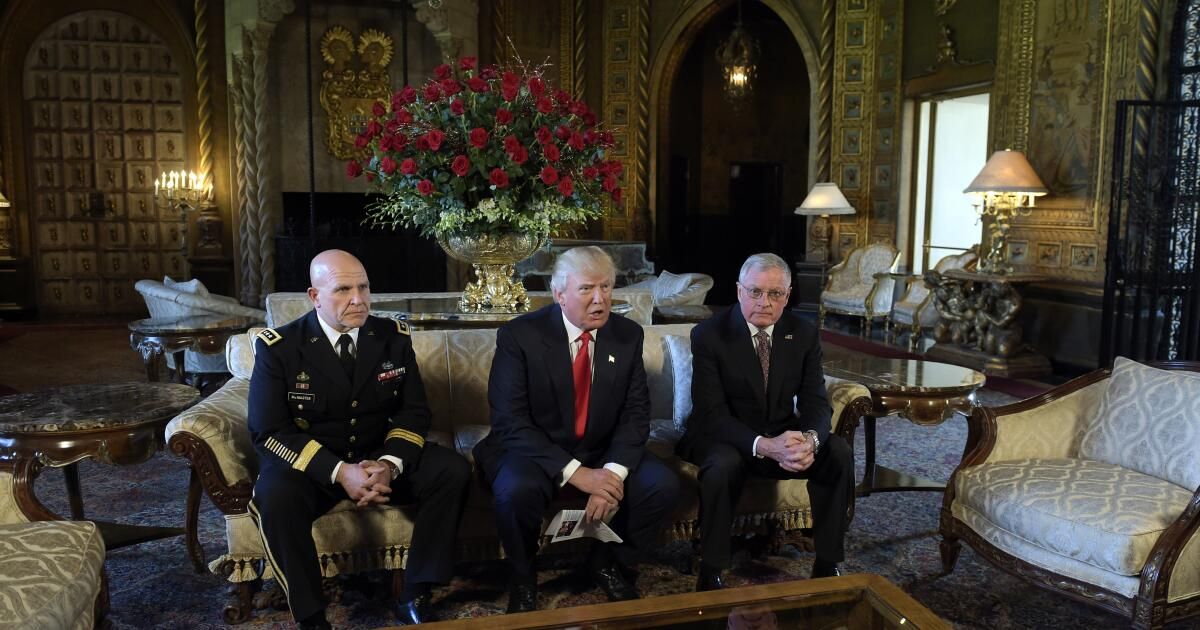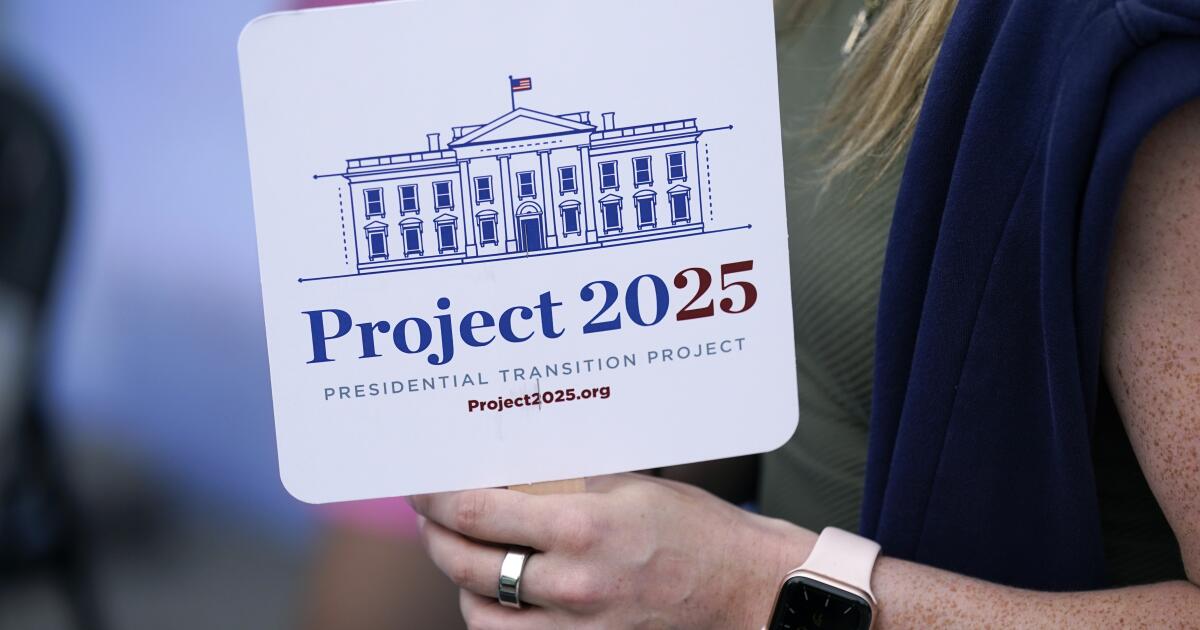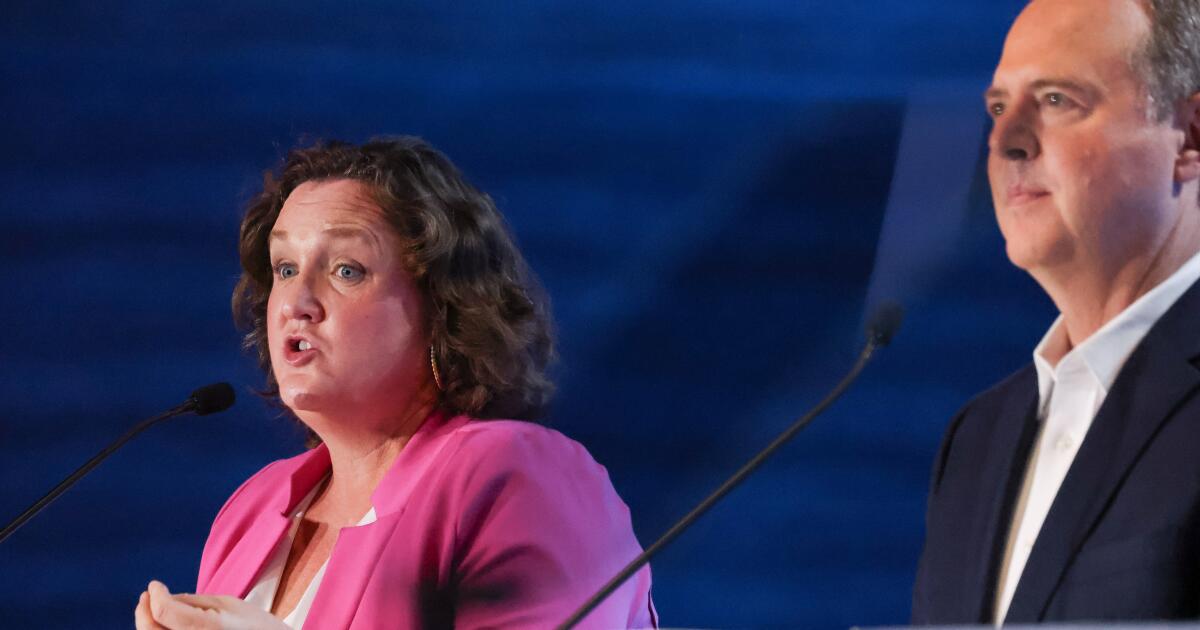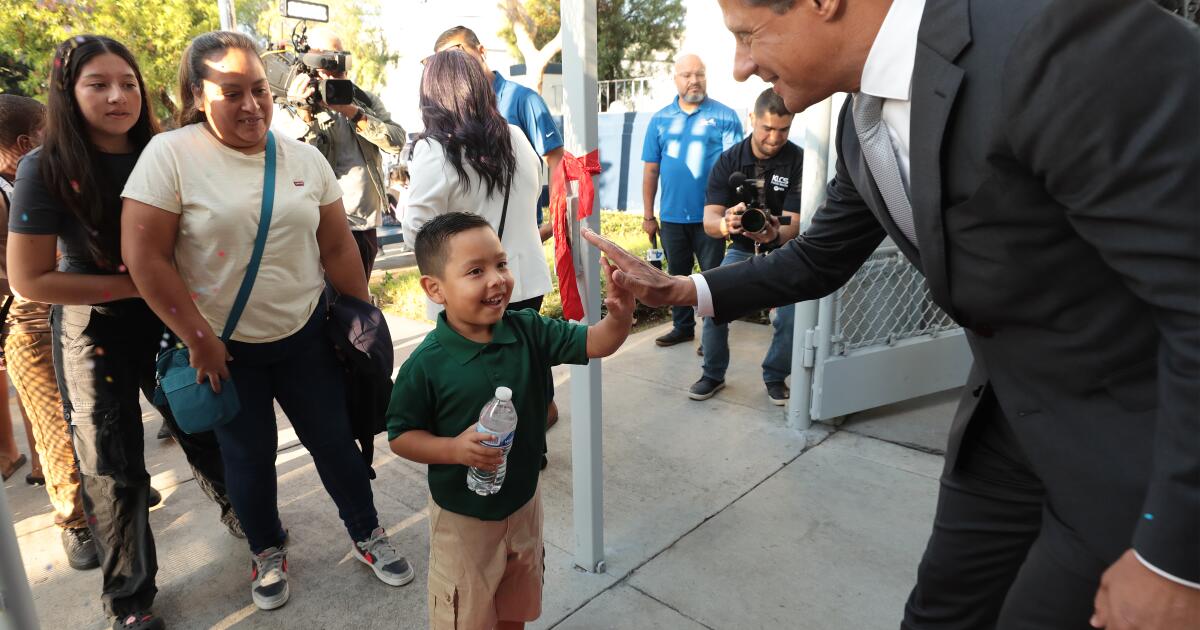A favorite word Democrats use to argue against a second Trump presidency is “guardrails.” The argument goes something like this:
Donald Trump didn't know what he was doing the first time, and there were people who protected the republic against his worst instincts. He's experienced now, and he won't have the same kind of staff and structure in the White House to control him during a second term.
This conversation has arisen in the wake of former national security adviser H.R. McMaster’s book, “At War with Ourselves: My Tour of Duty in the Trump White House,” in which he describes Trump’s decision-making in the Oval Office as chaotic, fawning and lacking in nuance.
McMaster writes that Trump often pitted his staff members against each other and said “bizarre” things in meetings, such as suggesting we bomb Mexican drug cartel facilities. (That idea doesn’t seem so bad to me, even if McMaster finds it distasteful.)
Of course, the guardrails argument is often made in a vacuum, and in Trump’s case it bears no comparison to what has been happening with the current occupant of the Oval Office, President Biden, and his vice president, Kamala Harris. I am not very sympathetic when Trump’s guardrails are questioned and not those of the Biden administration.
Biden and Harris have made their share of bad decisions, endured crippling staff turnover and are known for lashing out in adult language when advisers and staffers displease them, no doubt undermining some good, even necessary, advice.
“No one is safe,” one administration official told Axios, following Biden’s expletive-laden warnings. And the father of an intern in Harris’s office when she was California attorney general said her staff was “absolutely afraid” of being profanely reprimanded. Her son, he wrote in an op-ed in the Union newspaper, which covers Nevada County in California, was told that only senior staff members could address her directly.
As a former White House staffer, I believe in the important responsibility that advisers have in helping the president make good decisions. But make no mistake: The responsibility lies with the president. And sometimes presidents dismiss or ignore the decisions of their advisers because it is their prerogative to abide by or ignore the constraints imposed by the staff virtually at will.
Ultimately, it is the president the people want — and the Constitution demands — who makes the big decisions.
Both sides have warts to iron out in their trial.
For Harris, the chaos of the withdrawal from Afghanistan, inflationary policies, pressure on social media platforms to “censor” content, in the words of Mark Zuckerberg, executive actions challenged in court and her role in masking the president’s suitability for a second term.
For Trump, his actions on January 6 were a low point in a presidency that most Republicans otherwise found more than acceptable. He cut taxes, appointed conservative judges and kept the nation safe. And his retrospective approval rating in recent polls was over 50%.
Right now, Democrats are boldly calling on Republicans to set aside whatever conservative values they hold on the theory that a Trump presidency without “guardrails” is a danger to the country. But many Republicans would say that any fears they have about Trump’s decision-making structure are dwarfed by the specter of a Harris presidency that lurches the country hard to the left — and in ways that might be irrecoverable.
I have faith in the system. Both Biden/Harris and Trump have been checked by the Supreme Court. The House has stifled both administrations at times, and as long as the filibuster remains in place in the Senate (not a sure thing if Democrats retain control without the moderating but outgoing influences of Kirsten Sinema and Joe Manchin II), it is the strongest check on hyperpartisan radicalism.
Voters also have the opportunity to reward or punish the policy decisions made by the president and his party every two years. And if things get too out of hand, Congress can remove or severely restrict a wayward president at any time it sees fit.
Scott Jennings is a contributor to Opinion, a former special assistant to President George W. Bush and a senior political commentator for CNN. @ScottJenningsKY











